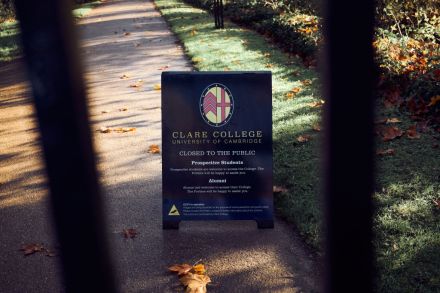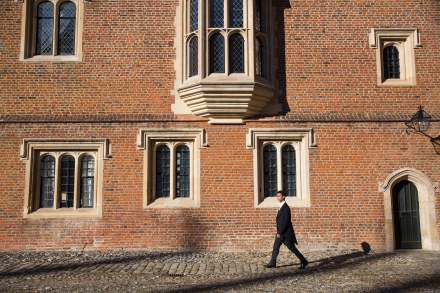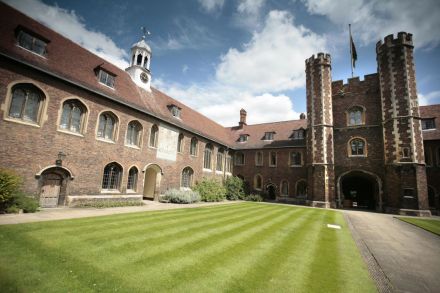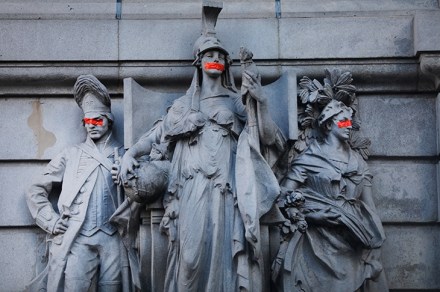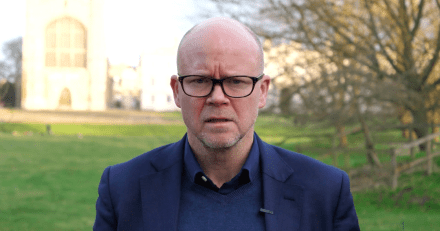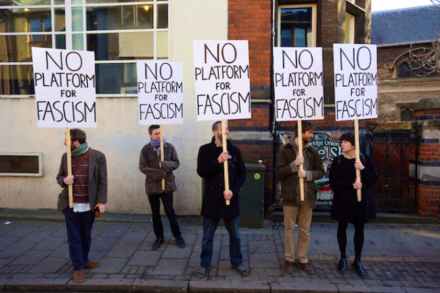Cambridge academics have just won an important battle for free speech
Academics at Cambridge won a cheering victory for free speech today when they voted by an overwhelming majority to reject plans from the vice-chancellor to change the rules governing debate at the university. They rejected the university’s proposals to insist that students and staff be ‘respectful’ of opposing views. They decided, instead, that the rules should say students and staff must ‘tolerate’ opposition. The result was as close to conclusive as you can get. Only 162 academics voted in favour of the university’s plan, while 1316 voted in favour of the change. (A further 208 academics wanted neither.) As I explained in The Spectator last week, the distinction between respect and tolerance
